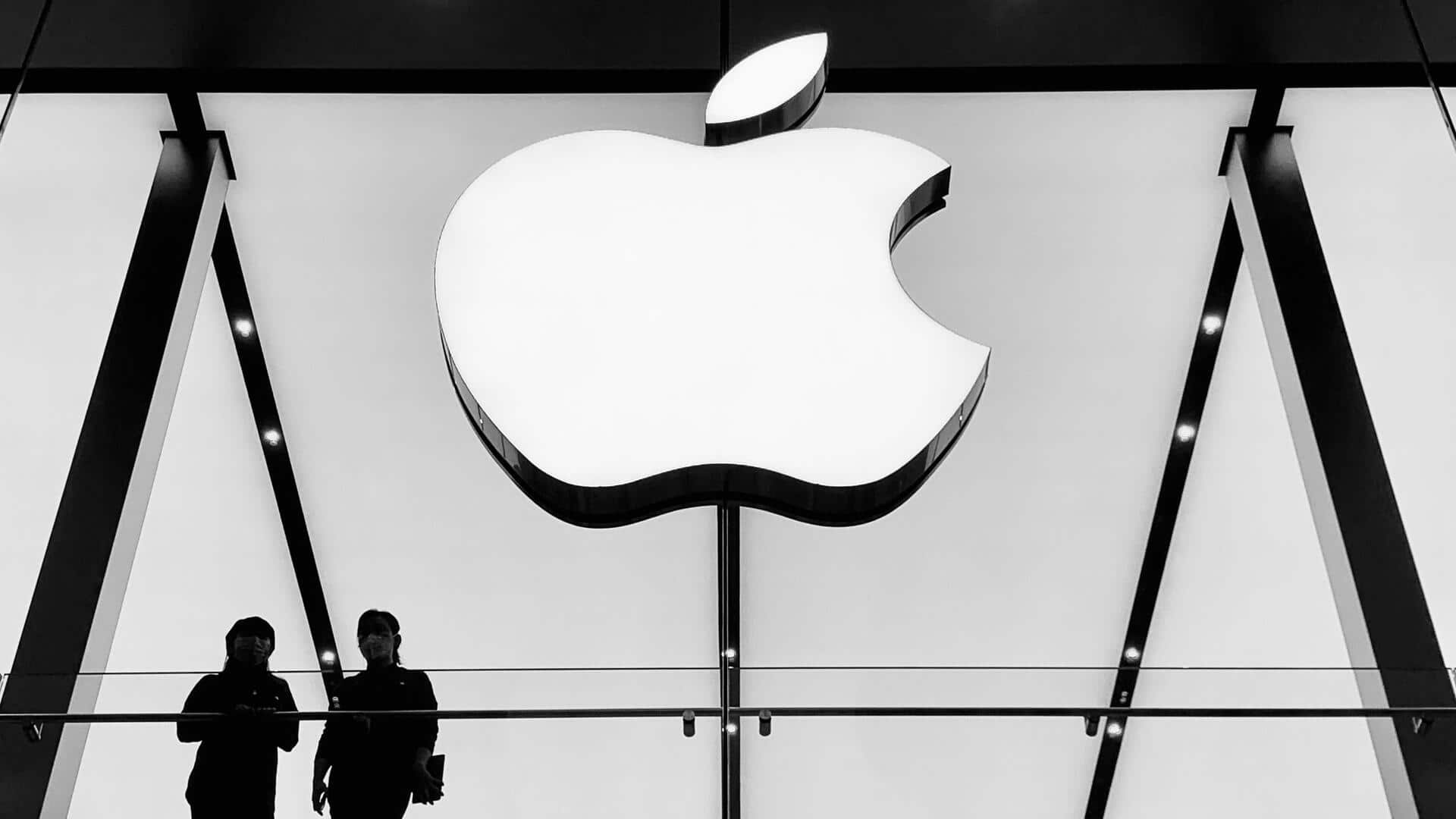
Apple faces antitrust complaint in EU over App Store terms
What's the story
Apple has been slapped with an antitrust complaint by two civil rights groups, Article 19 and Germany's Society for Civil Rights. The complaint was filed with the European Commission over alleged violations of the Digital Markets Act (DMA) in relation to its App Store terms and conditions. The DMA is a key regulation aimed at curbing anti-competitive practices by major tech companies.
Past violations
Apple previously fined €500 million
Notably, this isn't the first time Apple has run into trouble with the DMA.The tech giant was fined €500 million ($583 million) in April for violating these very rules. In light of this latest complaint, Apple has dismissed the allegations as false and criticized the Commission for mandating business terms they consider confusing for developers and bad for users.
Commission's stance
European Commission's stance on the matter
The European Commission, which enforces competition rules in the bloc, has acknowledged receipt of the complaint. A spokesperson for the body stressed that third-party contributions are crucial for effectively enforcing the DMA. The Commission is already looking into some of these issues and seeking feedback from market participants regarding Apple's business terms while regularly supervising compliance by gatekeepers.
Policy concerns
Complaint highlights issues with interoperability
The complaint specifically targets Apple's business terms and conditions for its App Store, iOS, and iPadOS operating systems. It claims these policies hinder interoperability for small businesses using Apple devices. The complaint also takes issue with restrictions on installing and using third-party software apps and app stores, claiming they harm both business users and end-users in violation of the DMA.
Financial impact
€1 million stand-by letter of credit flagged
The civil rights groups have also flagged a €1 million stand-by letter of credit (SBLC) imposed on developers wishing to create apps for Apple's App Store or install a third-party app store as a native app in iOS and iPadOS. They argue that this SBLC can impose recurring annual costs and collateral requirements that many small and medium-sized enterprises (SMEs) simply cannot meet.